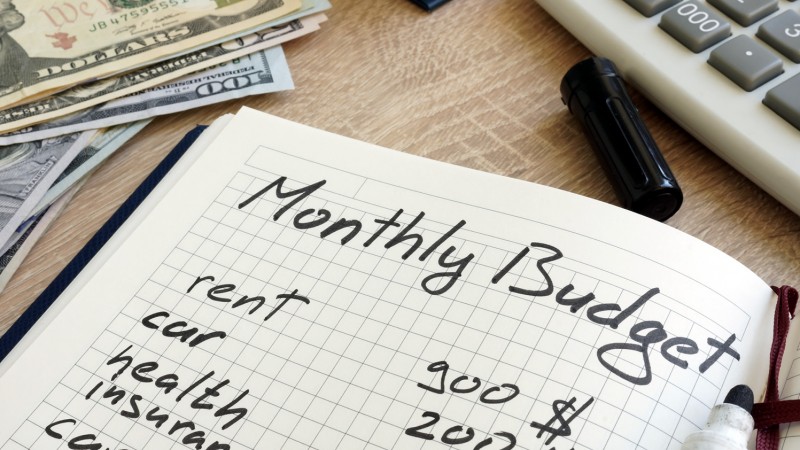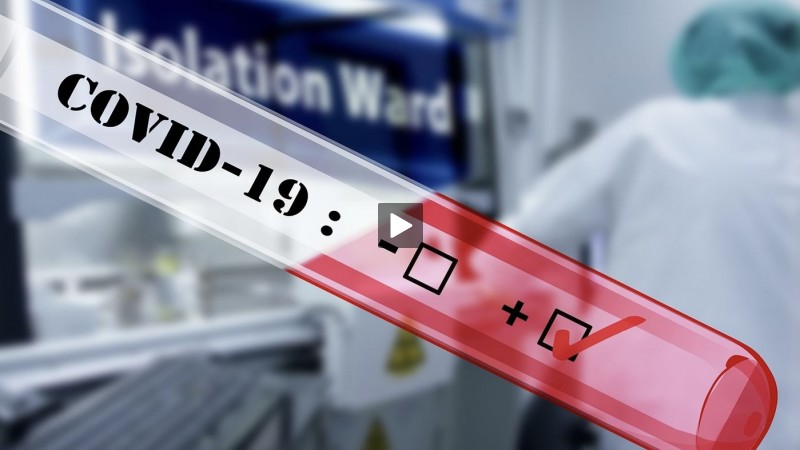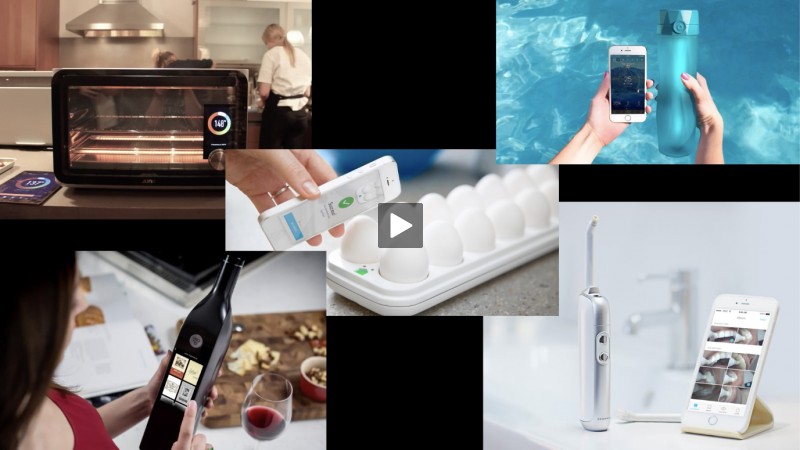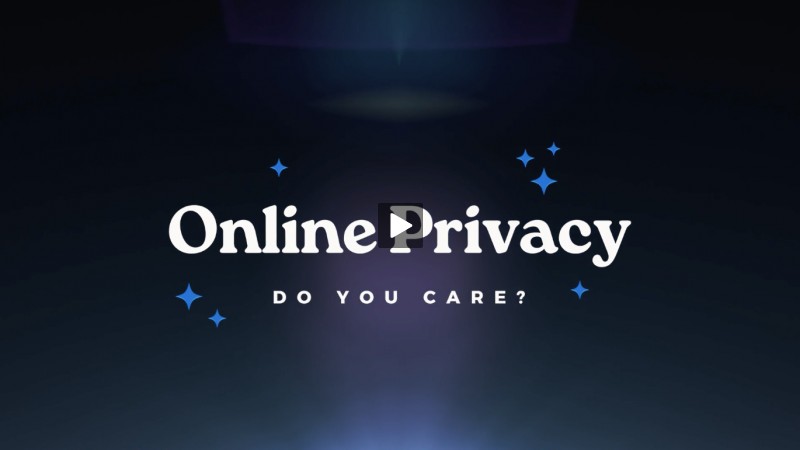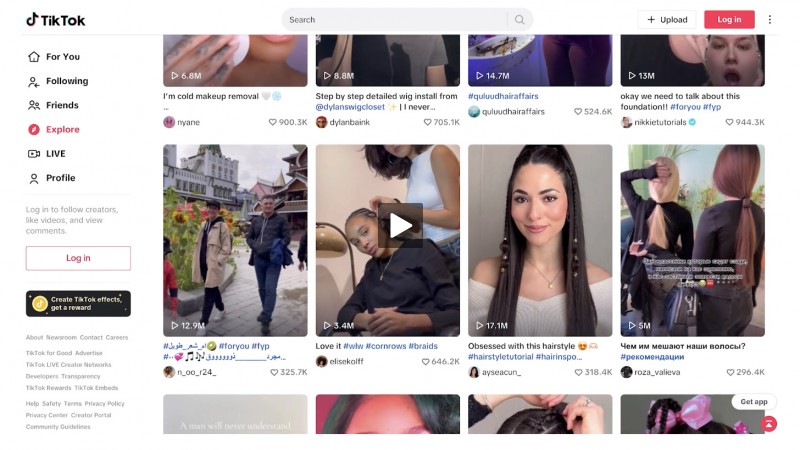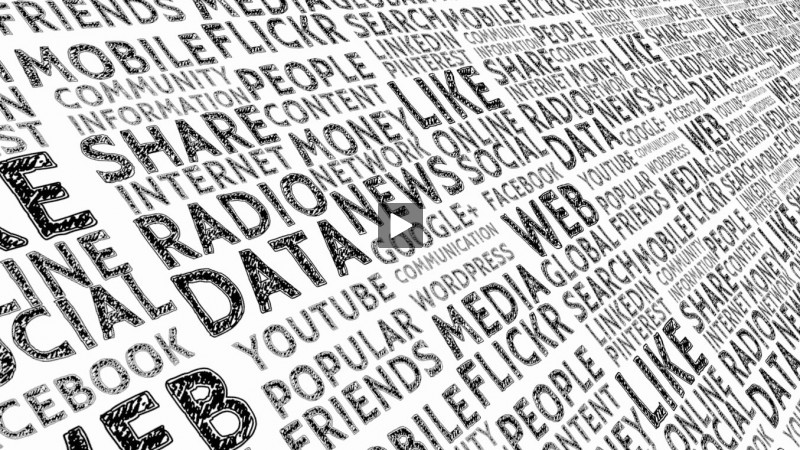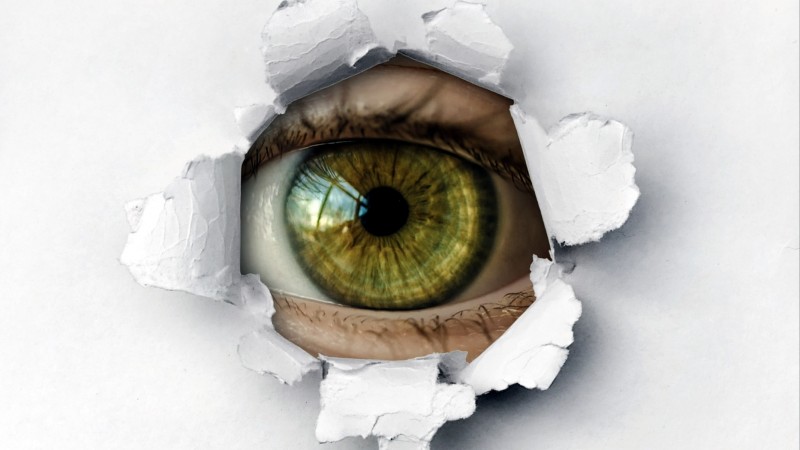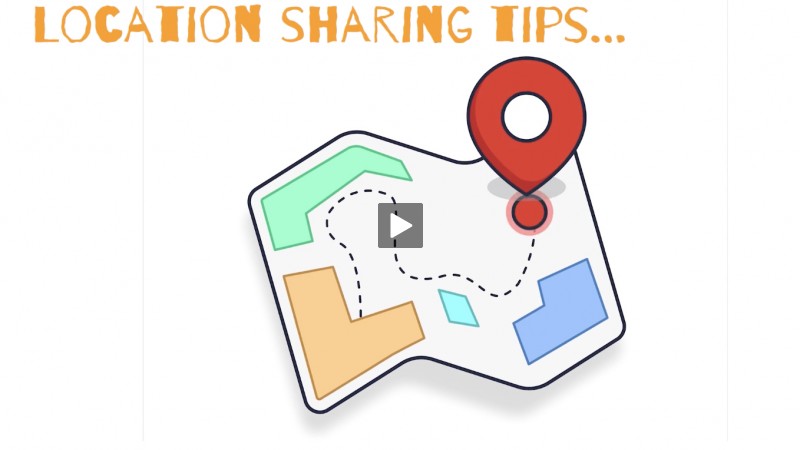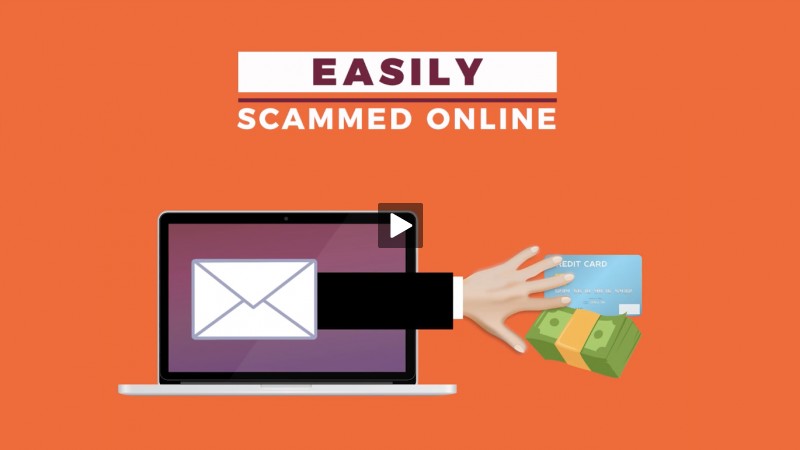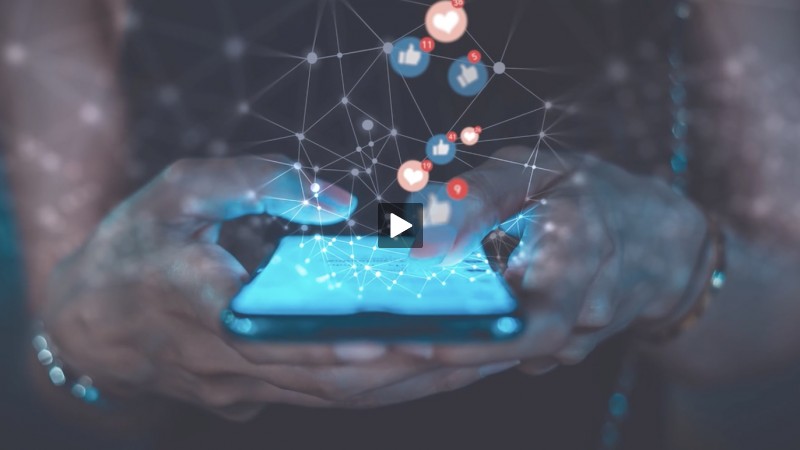Needs Vs. Wants: Getting Down and Dirty with That Budget
- Details
- Written by Rachel van Geenhoven
- Category: Articles
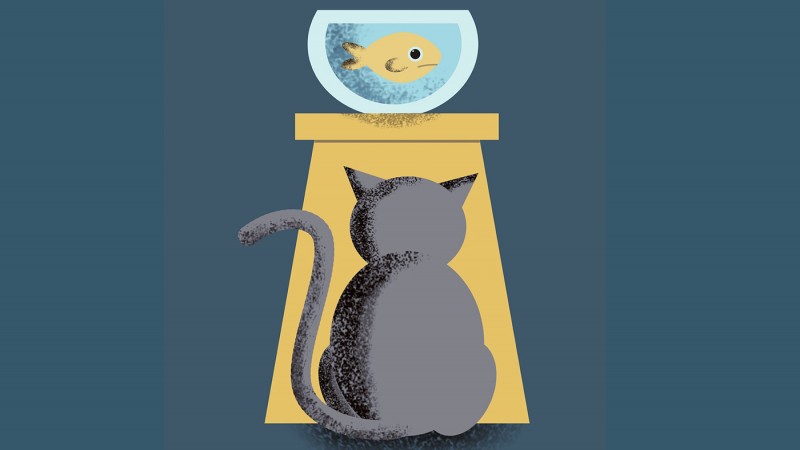
There's broke, and then there's "digging through your couch cushions for change to buy groceries" broke. I've been both more than once in my life, and I quickly learned the difference between "needs" as in, "I don't have a pair of shoes that goes well with this dress" and actual needs, as in, "a dollar and a quarter will get me a bus ride to my job interview."
How often will I use this? Where will this live in my house? How many other items like this do I own? And once again: do I really need this?
The ideal time to make the distinction between these two categories is well before the grocery clerk is taking pity on you and giving you a carton of eggs for free (actually happened to me my first semester of college).
As times are very uncertain right now and many people have no idea exactly what income to expect in the next few months, this is a very good time to put a halt on all purchases that aren't actual needs—because if you don't, you may find yourself unable to meet your actual needs. It's tough to make these decisions, but it feels much better to make choices about it than to suddenly find you're out of options.
How Do You Decide?
So how do you decide what is a need and what is more of a desire? It's simple. Ask yourself "what will happen if I don't buy this?" Do I need a new pair of shoes, or do I just want one? If I'm in danger of cutting my feet on glass or other harmful things on the sidewalk, I definitely need new shoes. If my feet are getting soaked every time I walk outside when it's wet, I probably need new shoes (unless the forecast is sunny for the next two weeks, in which case I can probably wait at least two weeks!)
Do I need brand new shoes? Probably not. Maybe I can find a pair on eBay or ThredUp. Or it might be just as cost effective to get a deeply discounted pair of new shoes. Either way, this is not the time to splurge or "treat myself" to a pricier pair I've been wanting, unless I want to potentially "treat myself" to not having enough money to get Advil for my headache in two weeks.
Again, although it can be hard to split hairs this way, the nice thing about this approach is that you get to decide what you need, or don't, instead of letting your circumstances decide it for you. If half a tank of gas to get you to the woods for a hike is something that will keep from feeling desperate, depressed, and trapped, you can decide to allocate money to that.
Besides purchases you're considering soon, here are some non-needs that you may be glad you trimmed down early on:
Media subscriptions like Hulu, Netflix, and Prime—especially if you have more than one; and considering how many free movies and shows and music videos you can find on YouTube, maybe you don't even need the one! Either way, this is a really good time to look at your bank account and your email and make sure there are no monthly subscriptions coming out of your account that you've forgotten about, and no free trials about to end and charge you for the first month!
Delivery, Take-Out, and Fancy Groceries
Narrowing down your diet to affordable staples like beans and rice (eggs are actually pretty cheap too) could be worthwhile! If you're out of a job, that means you probably have more time to cook, and taking the opportunity to work on your culinary skills could save you way more money than you think.
Fresh fruits and vegetables are great for keeping up your health and immunity, so that's the last place you want to cut corners (unless you're paying too much for them at some high-end market—look into farm boxes in your area!) but don't forget that when you buy food from a restaurant, you're paying for the ingredients, the building's rent, and the salary of the person preparing it for you.
Also be aware that if you've been going to a corner store for groceries, the mark-up for that convenience might be higher than what you'd pay for gas or bus fare to a local grocery store. If you've never comparison-shopped before, now's the time to start. How much is cheese here vs. Target? What about Safeway? Ooh, what about that grocery outlet store? They probably have some great deals...
One more thought: a lot of people resist getting food welfare because of the stigma and the bootstraps ideology and a lot of other harmful nonsense that circulates in our political and popular dialogues. But if you've lost your income, this is one of the easiest ways to ensure that you'll be able to pay for your vital needs like rent, utilities, medicine, gas, and other non-food staples. If pride stops you from taking advantage of a system you've paid into with your taxes that exists for precisely this purpose, that same "pride" may be subtly encouraging you to look down on others who rely on food welfare to survive. This is a good time to examine your prejudices and truly throw your lot in with others who were struggling long before this crisis.Impulse Buys
This is probably the most counterintuitive advice I'll give you here. I know this one's hard from personal experience—it's a common behavior of people, especially when they're living leanly. When you're consciously avoiding large purchases and trying to make ends meet, it can feel good to give in to lots of little purchases. I've caught myself buying things I don't even want, and definitely don't need, like a pen that writes in invisible ink, just because it was "only" $15. But it's usually $30! I'm saving $15, right?
Wrong! These little "deals" add up quickly. Keep an eye on yourself and you'll see how addicted you are to buying things in general. Add in the dopamine of "savings" and it can feel almost irresistible.
At this point in my life, I can typically catch myself at the checkout. I'll have everything loaded up there ready for purchase, maybe I've even put in the credit card information, and I'll allow myself the pleasure of fantasizing about owning these terrific items, but then I really force myself to think about it.
How often will I use this? Where will this live in my house? How many other items like this do I own? And once again: do I really need this?
The answer is almost always "no." So I shut the browser and get pleasure instead from the knowledge that I've avoided being a brainless consumer and adding another piece of junk I don't need to an already cluttered house. (Honestly I'm still working on cutting back on real life, at-the-register buys, but they tend to be in the single $ rather than double digits, so at least they add up more slowly).
Taking Control Feels Good
Budgeting can be annoying and intimidating, and our entire culture is very pro-spending ("Treat yourself!" "You deserve it!" "Support the economy!" "Support local business!") And it is great to support local business, and it is nice (important, even!) to treat yourself once in a while.
But it is also empowering, smart, and ultimately kinder to make the hard decisions up front that will save you from finding yourself up against the wall later.














